A Middle Eastern NATO? Jordan's political considerations and the misreading of King Abdullah's latest remarks
By Arvin Qaemian
The recent interview of Jordan's King Abdullah II with the American network CNBC, in which he was cited as saying that he supports the formation of a NATO-like military alliance in the Middle East, has sparked much controversy across West Asia and beyond.
However, Ayman Al-Safadi, the foreign minister of Jordan, told the Qatar-based Al Jazeera last Tuesday that there are no plans for a regional military alliance, including Israel. Mr Al-Safadi refuted what was reported by Western media, adding, "There is no Arab coalition in which Israel would be a part. Such an idea has not been proposed."
There is a widespread consensus amongst political commentators that the remarks made by King Abdullah were thoroughly misconstrued and did not reflect Jordan's intricate considerations regarding the Middle East's political landscape.
It is no secret to politicians in Jordan that the idea behind the so-called Middle East NATO-- which has little chance of ever coming to fruition-- is aimed to encounter Iran through incorporating Tel Aviv into a military partnership with a few Arab regimes.
The Jordanian diplomatic apparatus is well aware of the fact that the complex political equations in the Middle East are not comparable to those in Europe during the Cold War, and even the mere suggestion of such a crazy idea is exceedingly dangerous, as it would ultimately push the already volatile Middle East to the brink of a dreadful abyss. Jordanians are also astute enough to know that forming a purported Arab-Israeli NATO is essentially an insidious machination to drop the Palestinians' plight into oblivion and strengthen the looming strategic alignments in the region, which Jordan would certainly not profit from. Furthermore, this delusional idea would exacerbate the divisions along religious and ethnic fault lines in West Asia, which Israel invariably has sought to deepen.
Meanwhile, on the eve of Biden's imminent regional tour to West Asia, the Amman-Riyadh relationship is somewhat reconciled following the visit of the Saudi Crown Prince, Mohammed bin Salman, to Jordan. However, it is evident that a real rapprochement cannot be achieved with handshakes alone, as the long-standing schisms between King Abdullah and Saudis have not yet healed since the failed coup attempt in 2021. According to reports, the coup plot was orchestrated by Prince Hamzah bin Al-Hussein --King Abdulla's half-brother-- and secretly backed by Saudi intelligence.
Today, Jordan does not want to see itself become even more vulnerable, particularly given the ambiguous nature of its relationship with Saudi Arabia and Biden's desire to resolve disagreements between Saudi Arabia and the UAE. In other words, Amman does neither seek to incite hostility against Iran and its allies nor place all of its trust on any possible Arab-American-Israeli military alliance, both of which would be detrimental to Jordan's precarious position.
Jordanians breathed a sigh of relief when Trump departed the White House, and Biden eased the pressure on them to embrace the infamous Abraham Accords. However, the incumbent US President has never abandoned Trump's pro-Israeli military alliance in West Asia. Therefore, many in Jordan argue that the formation of a NATO military alliance in the Middle East would undermine Jordan's national interests and historic status as guardian of the holy Al-Aqsa Mosque, and above all, destabilize Jordan's domestic affairs by enraging millions of Jordanians who are of Palestinian descent.
Since the many impediments that stand in the way of forming an Arab-Israeli NATO will never be removed, the viability of such an alliance is considered to be nothing more than a castle in the air. In any event, such naïve and desperate attempts will be proved utterly futile and will soon have their doom sealed.
Lastly, Psalm 21:11 states, "Though they plan evil against you, though they devise mischief, they will not succeed."
Arvin Qaemian is a political analyst based in Tehran.
(The views expressed in this article do not necessarily reflect those of Press TV.)
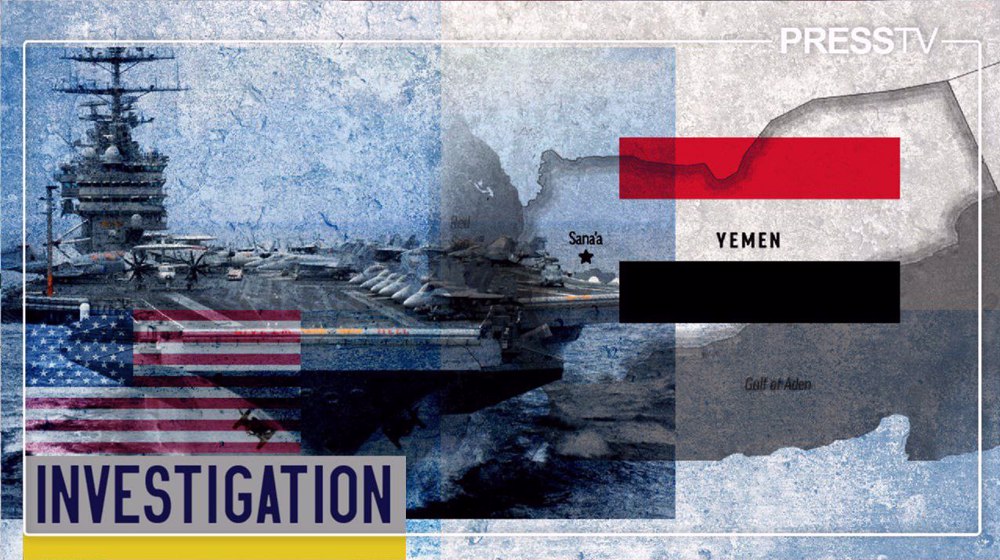
Collapsing Empire: Yemen shatters the illusion of US air power, yet again
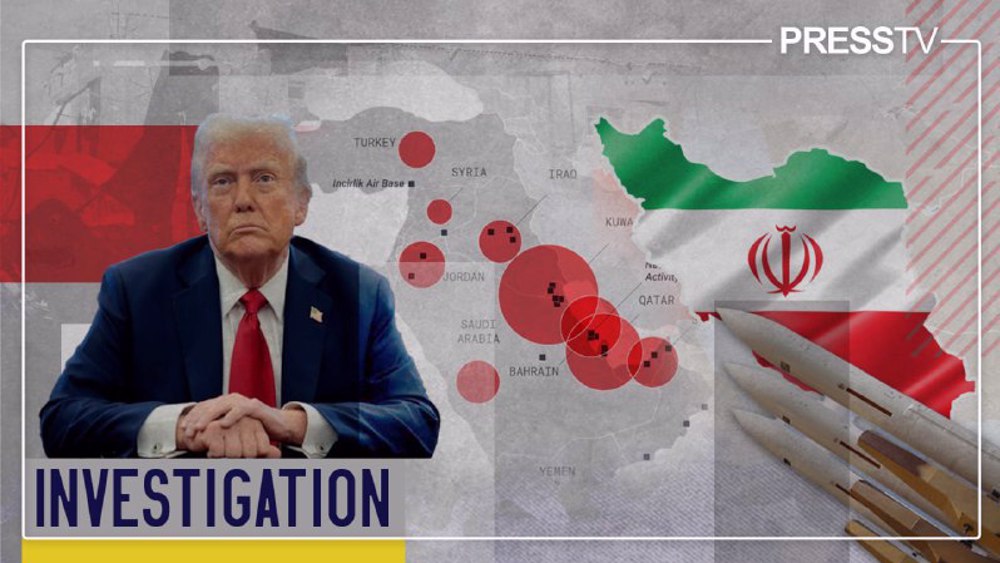
Brewing storm: Which US bases in West Asia are within Iran’s missile crosshairs?
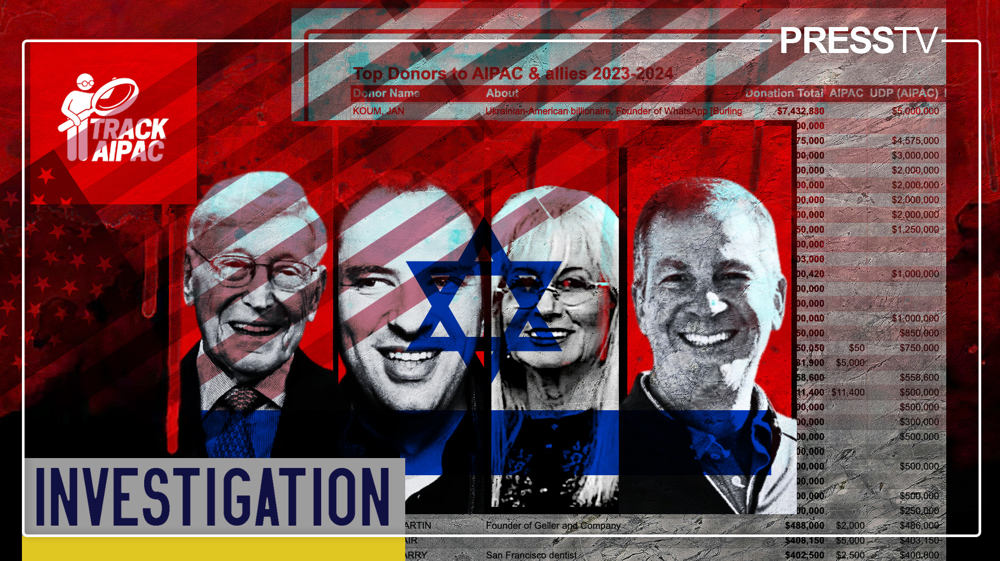
Bankrolling genocide: The biggest donors to AIPAC, leading US Zionist lobby group
Iraq hopes indirect Iran-US talks lead to regional stability
US rights advocates file lawsuit to halt Trump’s sanctions on ICC prosecutor
Israel waging psychological sabotage campaign against Oman talks: Report
EU youth mental health crisis
VIDEO | New York students protest student deportations
VIDEO | Press TV's News Headlines
VIDEO | Clashes in Amsterdam amid pro-Palestine protest against corporations' ties with Israel
Top Iranian, Omani diplomats meet ahead of indirect talks with US


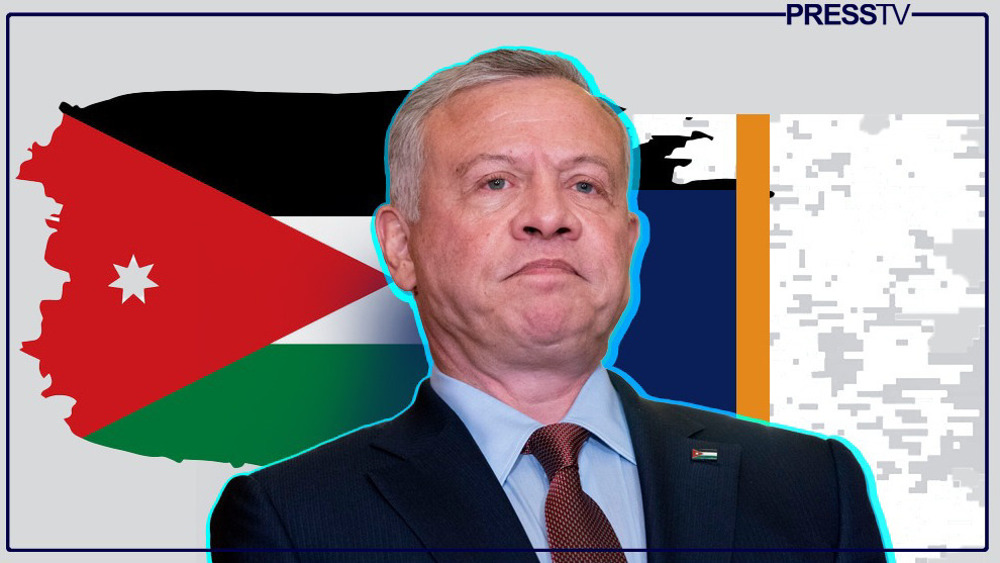



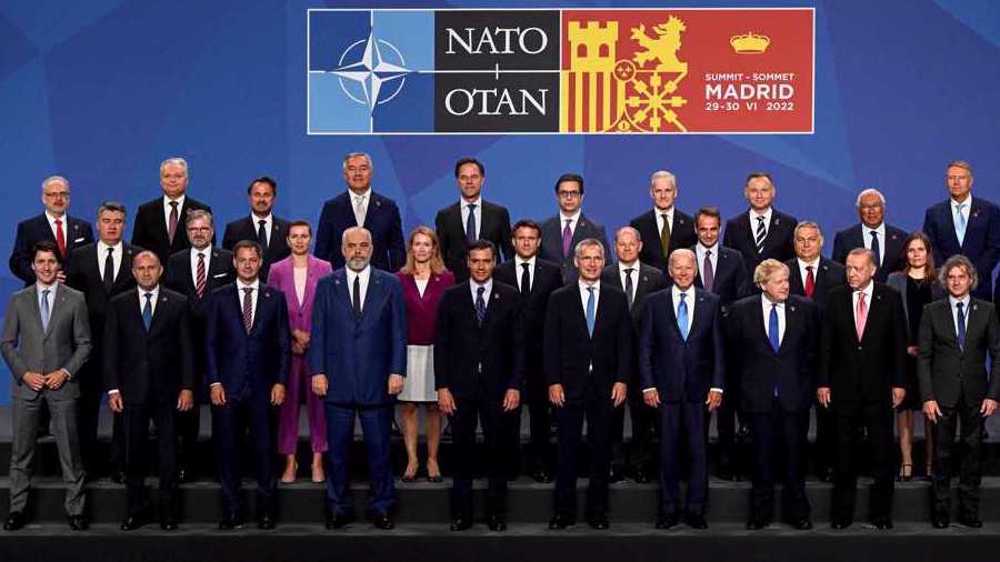
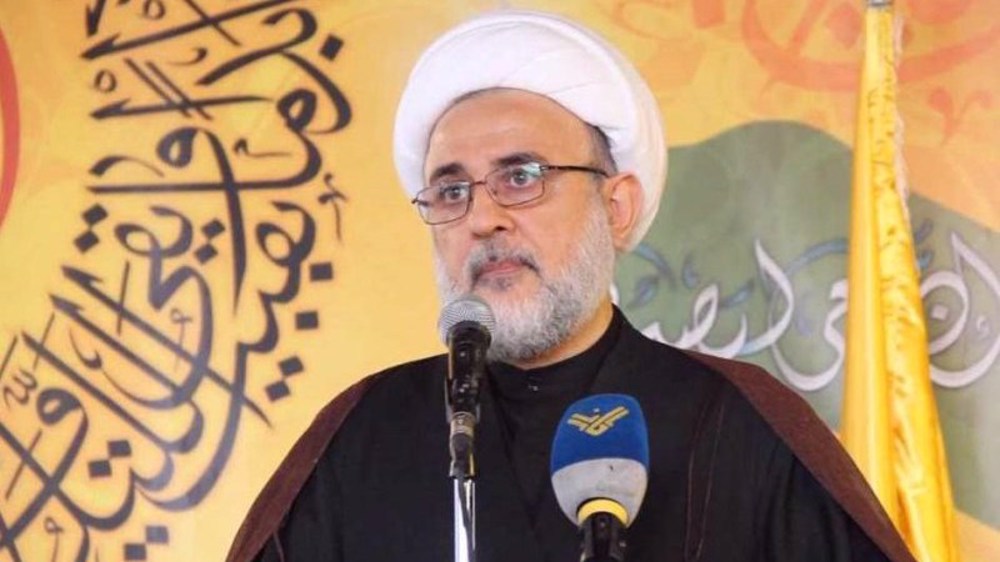
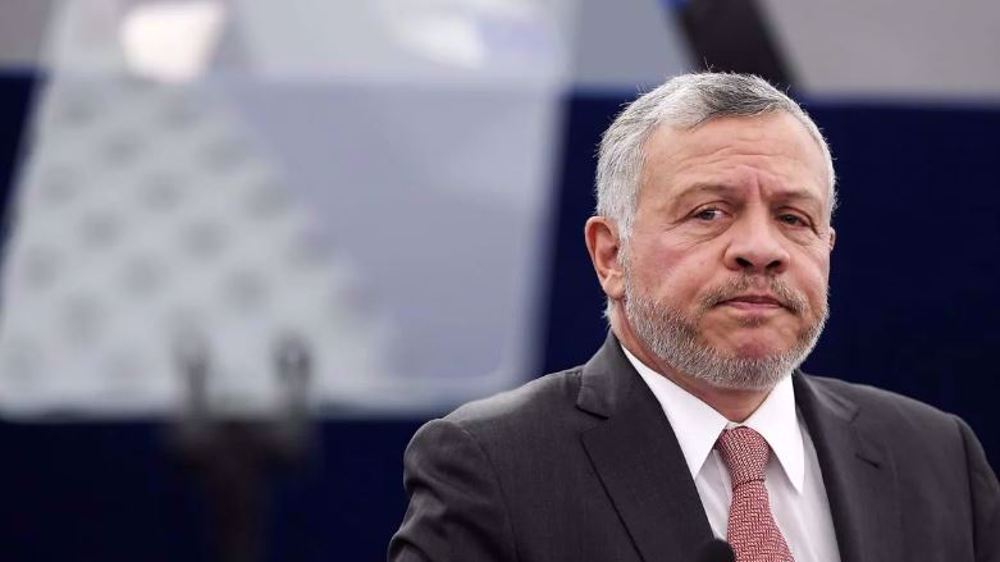
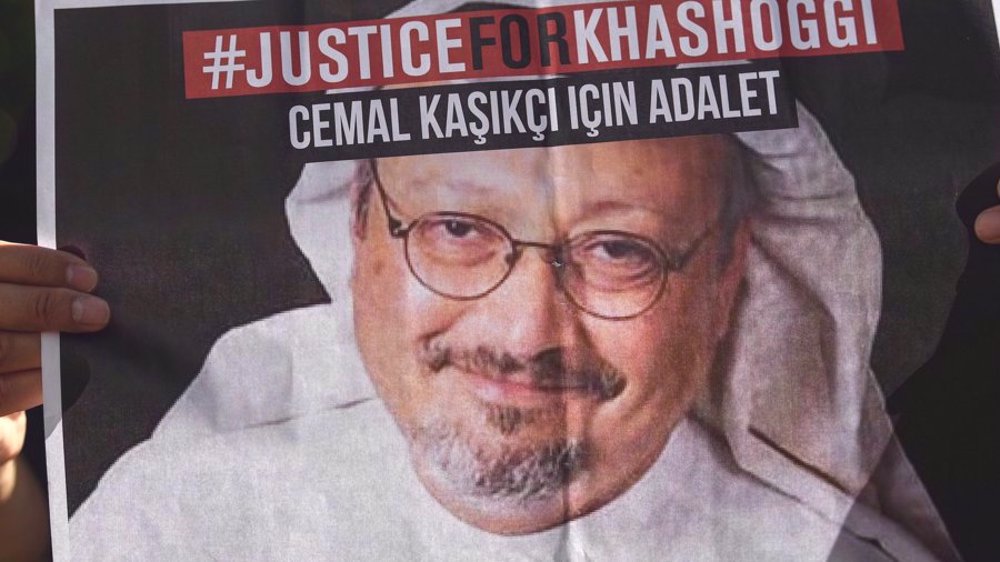

 This makes it easy to access the Press TV website
This makes it easy to access the Press TV website